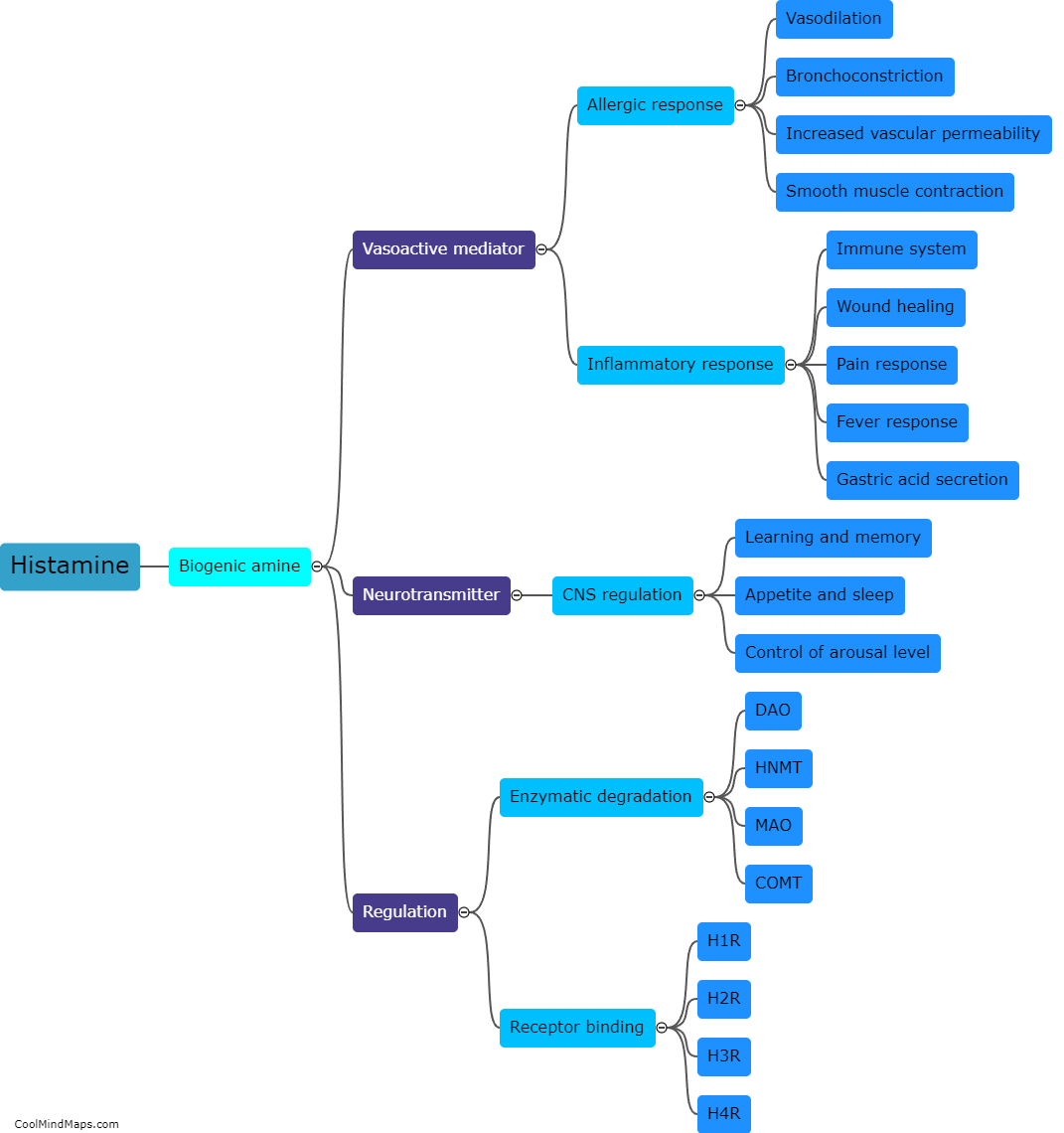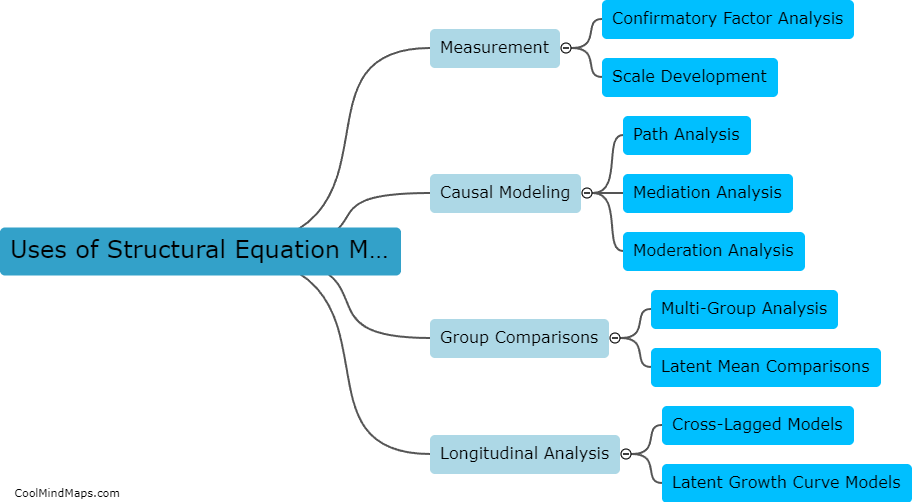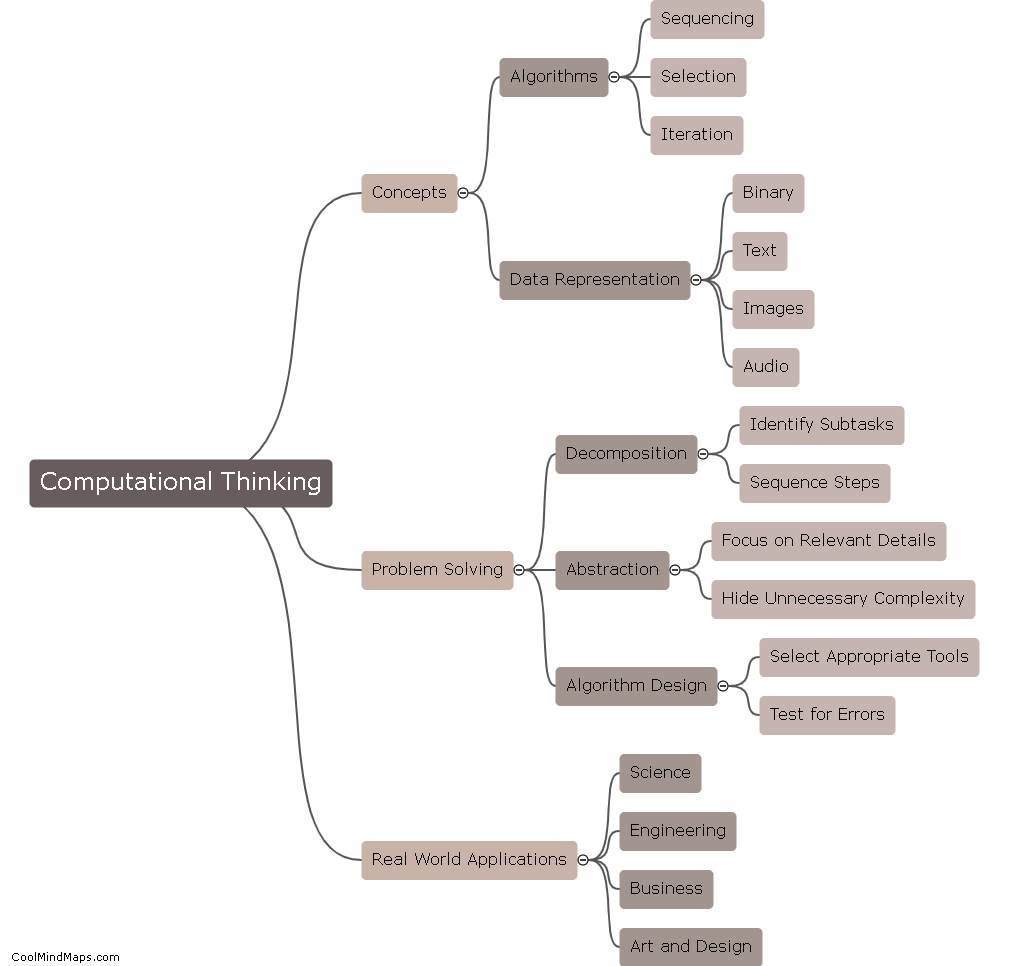What is histamine?
Histamine is a compound that is naturally produced by the body and acts as a neurotransmitter. It plays an important role in regulating the immune system, as well as controlling various physiological functions such as blood pressure, digestion, and sleep. Histamine is stored in mast cells and when released, it can cause inflammation and allergic reactions. It binds to histamine receptors on various cells in the body, triggering a cascade of responses. While histamine is crucial to our body's functions, too much of it can lead to allergic reactions, including itching, hives, and respiratory distress. Medications such as antihistamines can help counteract the effects of histamine in the body.

This mind map was published on 19 June 2023 and has been viewed 95 times.











